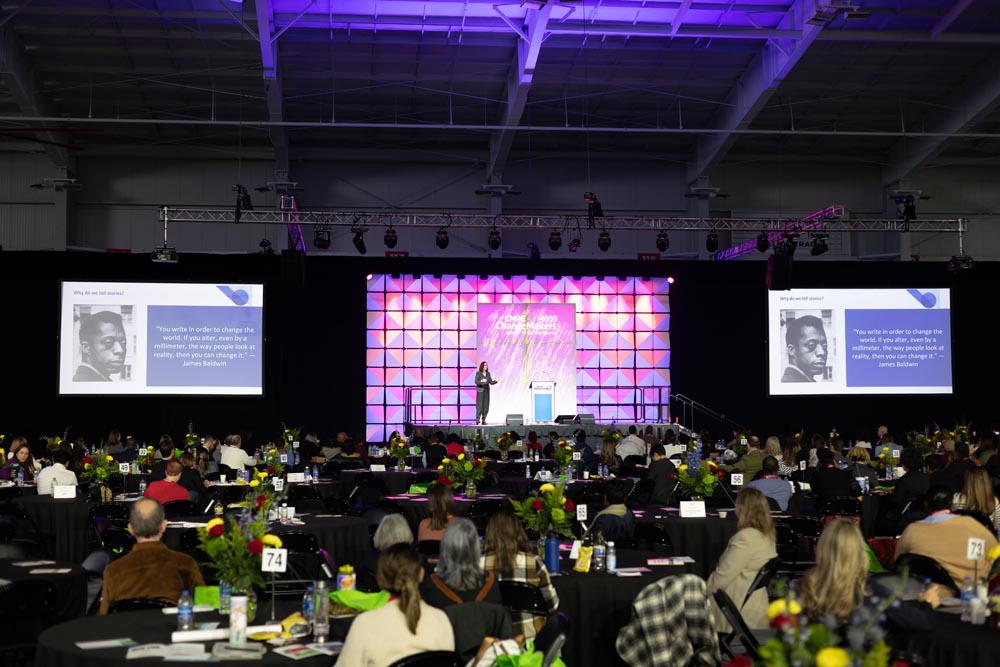dignity
belonging
and Fairness
for ALL.
dignity
belonging
and Fairness
for ALL.
Our Vision Is to Help Create A world in which people across identities experience dignity and belonging.
Perception Institute is an action-oriented think tank working to achieve dignity, belonging, and fairness for all. We bring together researchers and strategists who turn groundbreaking mind science research into solutions that can transform core areas of our lives, how institutions function, and how we engage each other.
Perception Institute engages in original research and designs evaluations, interventions and training to support organizational effectiveness. Integral to this work is the capacity to communicate across lines of difference, disrupt cycles of biased behavior, and integrate practices of fairness and opportunity.

Why this work matters
Societies around the world are grappling with polarization and a decline in trust in core institutions. We need to develop solutions that honor the dignity we were all born with. This requires our institutions to transform their practices, the media to portray people as complex individuals rather than stereotypes, and each of us as individuals to strive to align our behavior with our values.
Our futures depend on a societal transformation that honors people and the planet. While this may seem daunting, each step makes a difference. We live our lives moment by moment, and if we each work within our sphere of influence, we can take meaningful strides toward the world we want to live in.
Our Funders
Our Solutions
tailored services to reduce harmful practices
We collaborate closely with stakeholders in areas such as education, health care, justice systems and media, rigorously testing and implementing scalable solutions that address unique challenges within these critical domains.
Let’s collaborate.
We Work in Your Sector
Perception Institute has worked with a wide range of organizations to help them promote fairness, dignity, and belonging and to address implicit bias, identity/inter-group anxiety, and stereotype threat.
Education
Schools at all levels, from early childhood education to higher education, school districts and college preparatory organizations creating environments where all students have the opportunity to thrive and meet their full potential.
Legal & Justice Systems
Courts, Prosecutors, Public Defenders, and other criminal justice organizations to promote fairness in the justice system and help reduce implicit bias and discrimination in their practices.
Social & Youth Services
Social service agencies, child welfare agencies, and juvenile justice facilities helping create more equitable and just systems for all children and families.
Workplace
Promoting fairness and belonging in workplaces to create justice in every sector.
Healthcare
Providers, hospitals, and other healthcare organizations striving to improve the quality of care for all patients, regardless of their race, ethnicity, or other identity differences.
Media
Journalists, producers, and other media professionals in children’s learning to help create more accurate and inclusive representations of people from different backgrounds.
Housing
Real estate agents, appraisers, housing organizations to promote access and fairness in housing.
Philanthropy
Foundations and other grantmakers to help support organizations that are working to reduce bias and discrimination.
resources
Relevant articles & publications
Perception Institute aims to make mind science research more accessible. Our publications feature a comprehensive blend of original research conducted in collaboration with our partners and insightful research translations customized by domain.
-
A note from perception institute
Our work helps to ensure a better future by helping people across all walks of life respect each other, work better together, and increase efforts to create a world in which everyone experiences dignity and belonging.
-
Mapping Perceptions in America (Racial Ideology)
We regularly see headlines proclaiming that our demographics predict our beliefs and behavior. Common refrains include: “many dimensions of racism are invisible to white people,” and “Republicans (are) ‘afraid of women voting.’” These headlines suggest that people hold monolithic views with others who share their identities. The Perception Institute has embarked upon a Perception Mapping Project to empirically study whether our social identities predict our perceptions of ourselves and others — and if not, what exactly does shape our values, attitudes, and political behaviors.
-
Too many men or too few women? New study finds how the gender gap is framed affects perceptions of it
Author: Materials provided by New York University. Original written by James Devitt.Publisher: ScienceDaily.comPublication Date:2025 Jan 2 References: Usman Liaquat, Madeline E. Heilman,…
Our mission and commitment
Perception Institute is unwavering in our commitment to rigorous research, which enables us to uncover the elements necessary to foster inclusive environments where people across identities experience dignity and belonging.

research:
Science & Perception
Recent research in the social sciences – especially social psychology – has made huge strides in understanding how automatic processes in the brain shape our perceptions, actions and decision-making.
Research also gives us insights into how we can override our biases to align them more with our conscious values. Learn how Perception Institute uses research to identify and dismantle biases.

Representation:
Culture & Perception
Media, entertainment, and other forms of popular culture play a significant role in shaping our perceptions of others across lines of identity difference. For many of us, popular culture is the primary way we learn about groups to which we do not belong.
Through media and entertainment, new narratives–ones that create an exemplary world in which difference is a fact of life that is treated with dignity and respect–can emerge and be made widely accessible.

Reality:
Living & Perception
Our goal is to support institutions to treat everyone with dignity and respect. For people of every identity to be able to have genuine confidence that they will be seen, heard, and valued, and experience a sense of belonging. This is not the reality we live in today. Given the cultural narratives about race, ethnicity, gender, religion, class status, and the intersections of these identities, no one is immune from the effects of implicit bias, identity anxiety, and stereotype threat. These phenomena have serious impacts on our decisions and the way we treat each other in every sphere of our daily lives.




